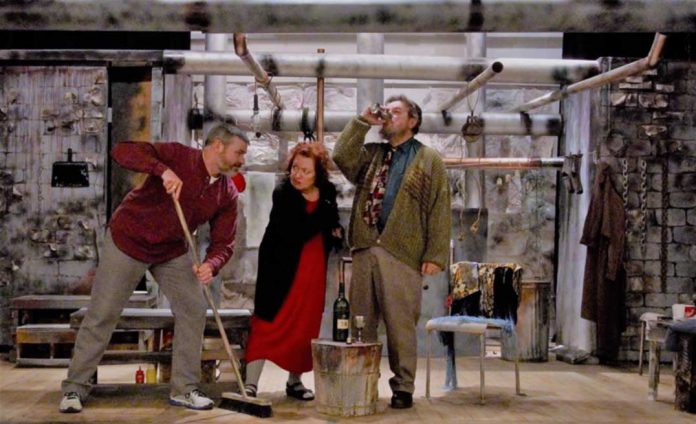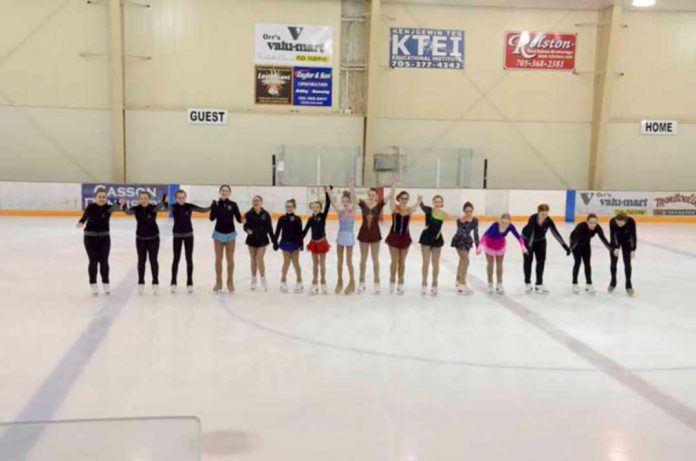In the heady days leading up to and following the British Empire’s declaration of war against the German Empire on August 4, 1914, vast crowds gathered in the major cities of both sides of the divide to egg on their side, as if the coming conflict was some national sport in which glory and honour was to be won because, of course, God was on their side.
By the time the telegrams and letters began to arrive in late April and May at countless homes across Canada informing widows and children of the fate of their loved ones, fallen in the mud beneath Vimy Ridge in some far-off place called Pais de Calais, near a city called Arras, in France, those illusions had already been largely dispelled by the seemingly endless missives of familial disaster which had preceded them—not to mention the letters home begging for new socks and waterproof gear.
By the time of Vimy Ridge, it had become clear that, in the word of American Civil War General William Tecumseh Sherman, “war is hell.”
It is knowing that war is indeed “hell” that the greatest lessons of the First World War are to be drawn, and it is against that knowledge that the honour we bestow on the memories of those who sacrificed their lives and (to often forgot) the wellbeing of their loved ones must be framed. We honour the veterans who have placed their lives on the line for us, not for their glory or their dashing élan, but for enduring the mud, the cold, the pain, the sorrow, the loss, the countless traumas associated with going into battle.
A lot has changed since the days when the young men of empire dug deep into the soil of Europe, Africa and Asia and endured inhuman horrors at the behest of king and country. The numbers displayed in the headlines of Canada’s combatants in foreign lands are today measured in single digits, a few dozens over the course of years of conflict. But the sorrow and pain of those left behind has not, even if its scale allows so many of us to think about it in the abstract.
It is the monumental scale of the losses, the literally thousands of dead and wounded that have kept Vimy Ridge reverberating through our national consciousness some 100 years after the event. Vimy Ridge has been referenced in numerous scholarly articles, news reports and tales of Remembrance as Canada’s “coming of age” as a nation. The battle from which the creation of our own national identity sprang up and we began to see ourselves as Canadians first, rather than children of the British Empire. (Well Quebec can get a bye on that one, most Quebecois were not so fond of the association from the get go.) This is probably true, but it is something to sadden the heart, not celebrate.
But we do remember the fallen. The former Algoma-Manitoulin-Kapuskasing MP Brent St. Denis was instrumental in establishing Vimy Ridge Day through a private member’s bill in 2003 as “a day to commemorate the deaths and casualties of members of the Canadian Corps during the First World War Battle of Vimy Ridge.”
There are many lessons to be drawn from the world wars and the atmosphere that existed in the days before the bullets first began to fly. The leaders of nations leading up to those conflicts had been raised on the lessons of Von Clausewitz’s ‘On War,’ in which he posited that nations must go to war at least every 10 years in order to keep their populations willing to spend the blood of their children in that nation’s interest. Those were ideas borne of the Napoleonic Era, yet they have sculpted national policies long past the days of cannon, horse and sabre.
The similarities between the wars that occurred before the war to end all wars, and its near-immediate successors, and present conflicts we find our forces engaged in today are somewhat concerning. Today, the losses from battles are usually fairly slight in the grand scheme of the population. Wars are fought in far off lands, mostly conducted from high above the mud and the dirt with jets and drones descending on our enemies. Before the First World War conflicts tended to be somewhat even more removed than they are today. They were something that happened to other people and few of us knew someone who had been killed or maimed in war personally.
Although there are still tragic losses today, because we still have boots on the ground in regular smaller conflicts around the globe, particularly in the Middle East, there are dead. But for too many Canadians those deaths have been reduced to a tarmac photo op, or an opportunity to wave patriotism from an overpass along the Highway of Heroes. To most of us, those caskets do not contain our own sons or daughters, mothers or fathers, friends and neighbours. In 1917, there were very few families who could view the event from so far a remove.
In these days when demagogues and populists seem more and more ascendant in the political realm, and when, despite our relative peace and security, those populists can play upon our fears and trepidations to whip up nationalist sentiment and the terror of the enemy without to induce us to spend the blood of our youth as coin for their own ambitions. We must not allow ourselves to fall into that trap. We must not stand in cheering flag waving crowds, egging our government into war as a solution to those ancient ills that still ripple from the decisions of those long lost empires.
As drones and missiles fall far off in foreign lands, witnessed through the lens of the Six O’clock News or a YouTube video, we seem to have forgotten that nuclear Armageddon remains just a button’s push away. As a human race we can no longer afford the “glory” of war.
Instead, let us stand in solemn silence as the bugle blows and remember those brave men and women who have laid their lives on the line to step forward when called upon by their country to serve. Let us recall those left behind whose grief and suffering extended throughout their lifetimes. Let us also honour those who returned home, horribly maimed with scars both visible and hidden.
Let us also honour those in the armed services yet fall in foreign wars in our behalf, on the streets of our cities and towns as peace officers, as firefighters protecting lives and property, or EMS workers who attend tragedies and then themselves fall victim to the horrors they have witnessed.
Let us eschew glory, for glory lies to our hearts, it is a trap the world can no longer afford. Instead let us remember the sacrifice, the losses, the pain and the horror that those we honour endured for our sakes—and fervently pray as our grandparents and parents did “never again.”
Lest we forget.




